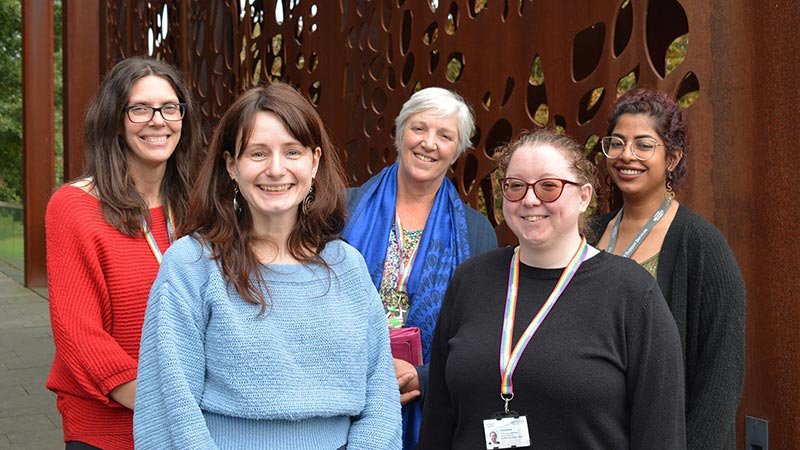The Mental Health Advice Team supports students living with ongoing mental health challenges that meet the Equality Act definition of a disability (a diagnosed condition that has a substantial long-term impact on your life and studies).*
We can help you build strategies to stay well so you can navigate the demands of university life and enjoy and succeed during your time at Oxford Brookes University. Depending on your needs, we can work with you to produce an Inclusive Support Plan to set out any ‘reasonable adjustments’ you may be entitled to.
You can contact us before you join Oxford Brookes or at any time after your course has started.
*If you’re not sure if this applies to you, please get in touch and we can advise.

